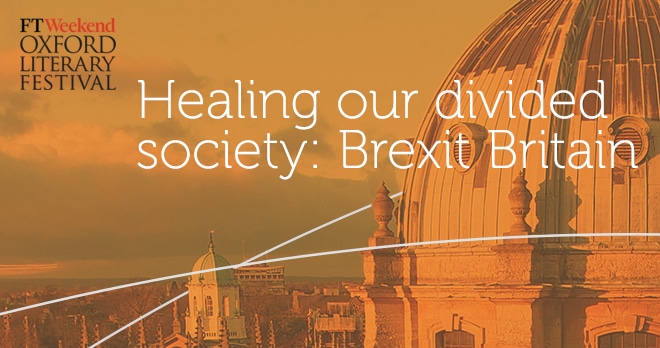Healing our divided society: Brexit Britain

In the fallout from the vote many have expressed a pervasive dissatisfaction with the political and cultural elites, who they perceive as removed from the lives and opinions of ordinary people. This has culminated in a sense of alienation from politics and a belief by many that there is simply no point in voting. At the same time the Social Mobility Commission has highlighted the continuing squeeze on those of a lower socio-economic background.
Brexit also revealed the geographical differences within the UK with two UK nations voting for Brexit and two against. There is also a generational divide as a survey by Lord Ashcroft showed that the majority of voters between the ages of 18 and 45 reported that they voted to stay in the EU. Support for Brexit formed a majority among every other age category over the age of 45 and grew with each, peaking at 60% among those aged 65 and over.
Finally Brexit has shown the different matters preoccupying those on opposite sides of the political stage, one focussed on markets, the other on national identity and immigration. The summer 2017 general election resulted in no stable majority within parliament for any single approach to Brexit negotiations. Action has not been taken to begin to heal the divide in the British electorate. Research published by the think tank, The UK in a Changing Europe, has shown that the attitudes of leave and remain voters have simply become more entrenched since the vote. If Britain is to make the best of Brexit it has to address these divisions and take steps to understand the root of the opposing opinions in the debate.
Writer and campaigner Anthony Barnett and director of the Institute of Ideas Claire Fox discuss how we should go about healing our increasingly divided society. Discussions are chaired by philosopher and author Dr Stephen Law.